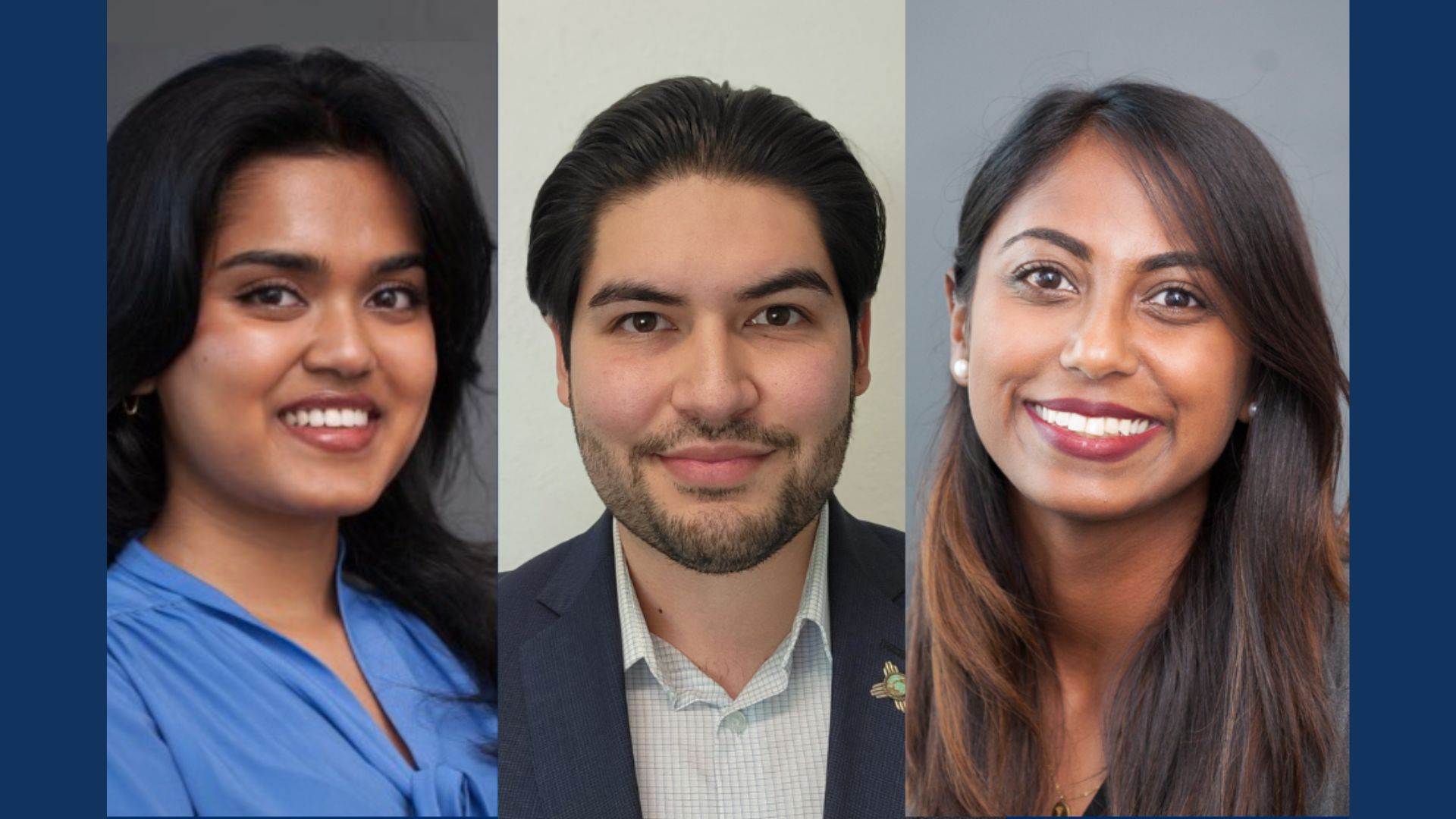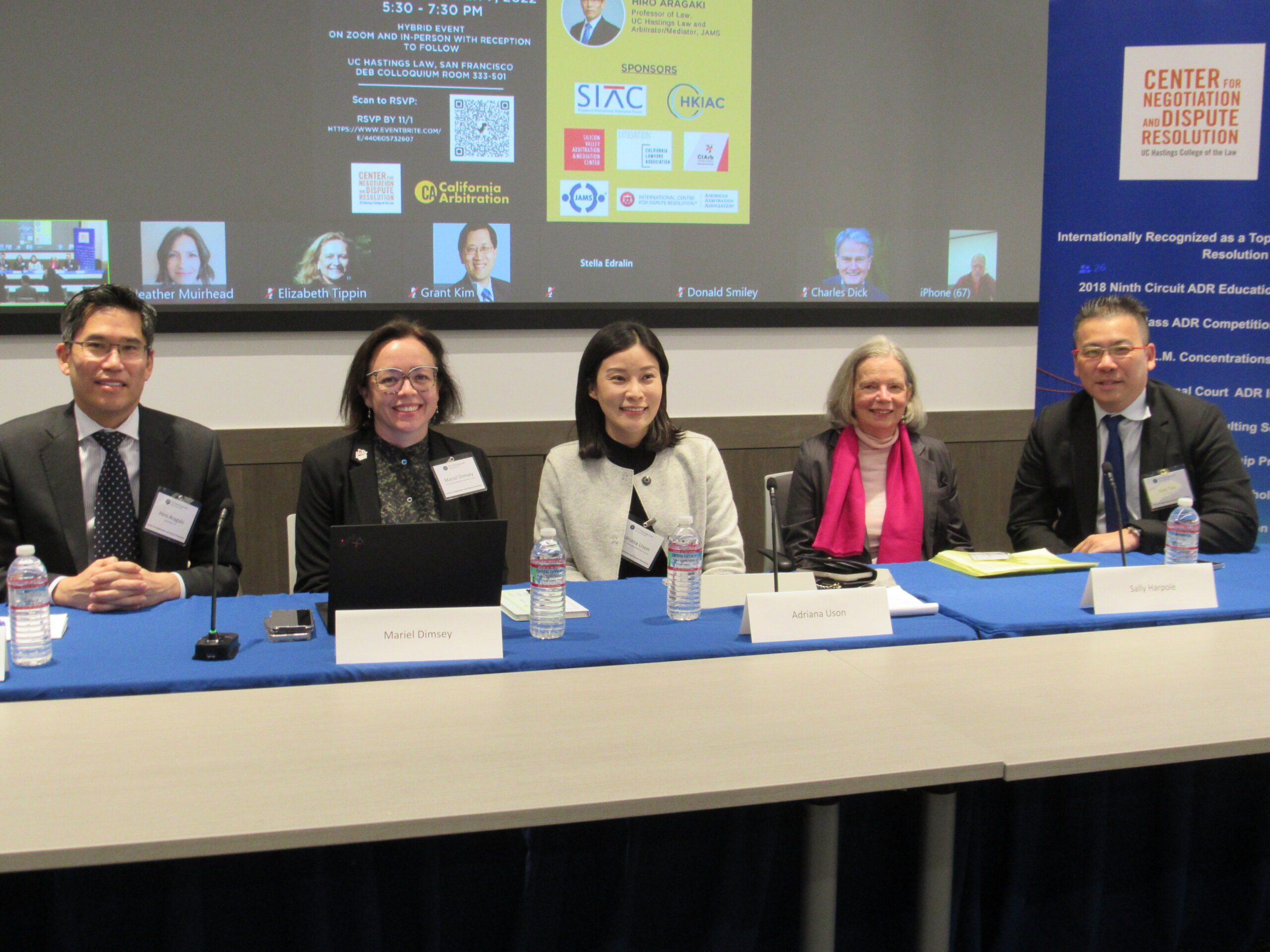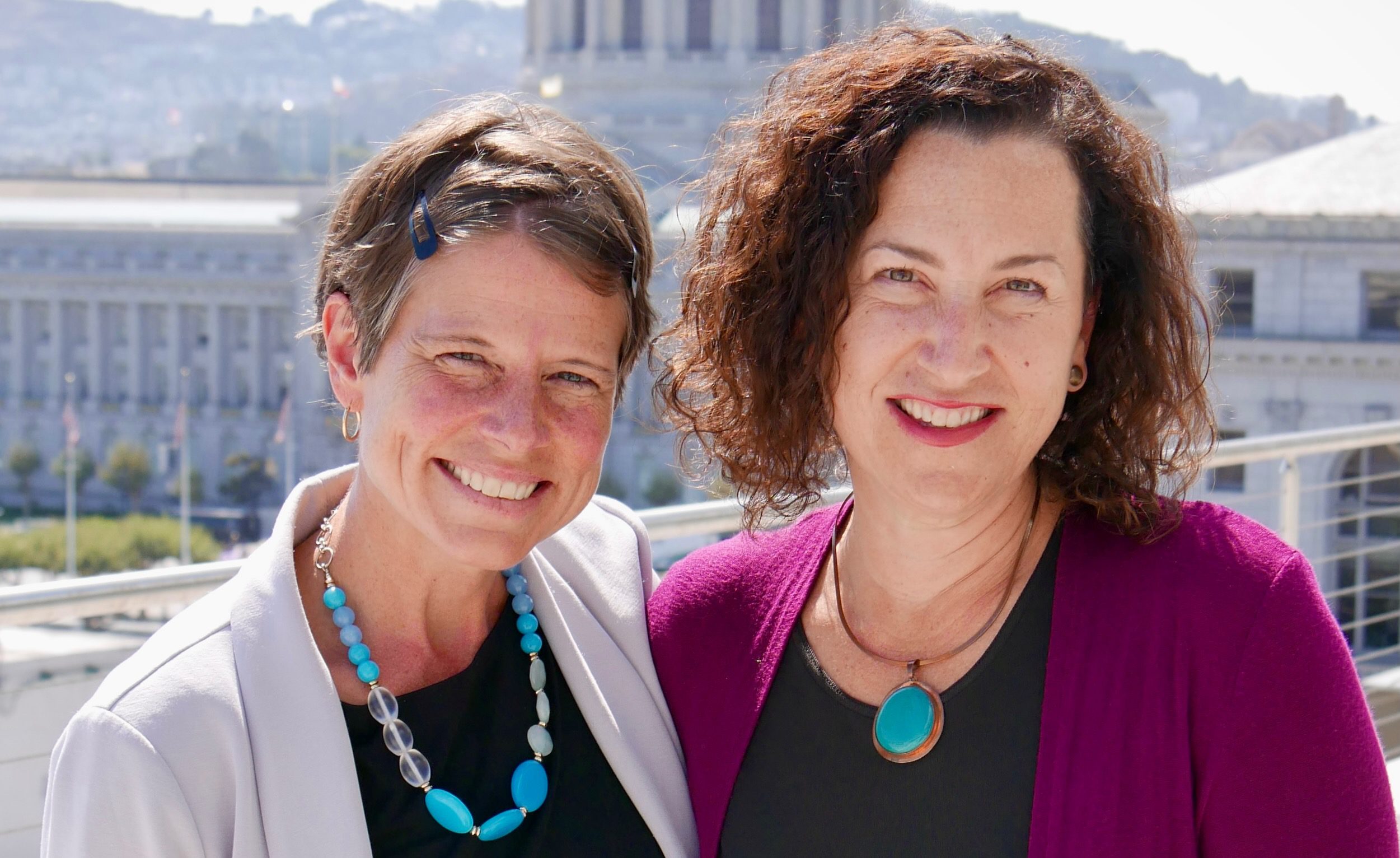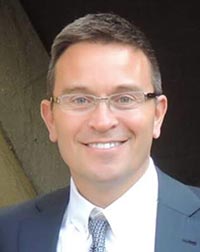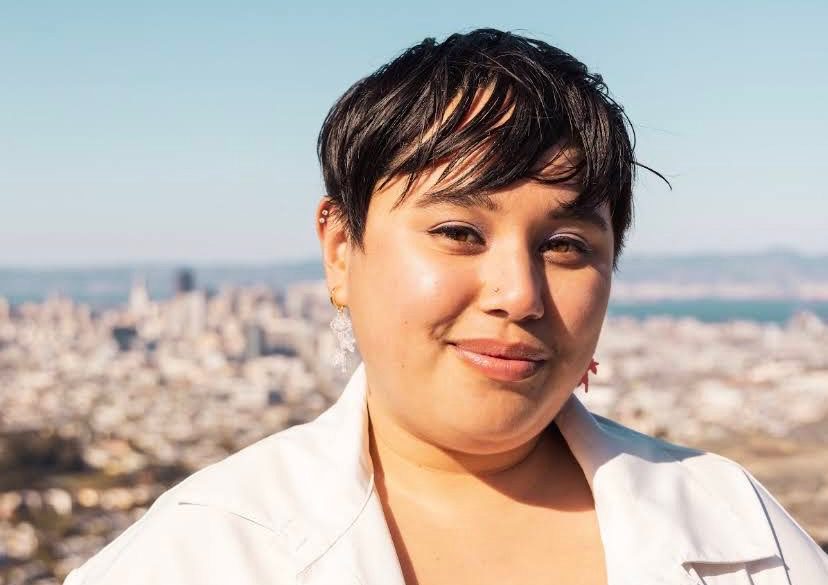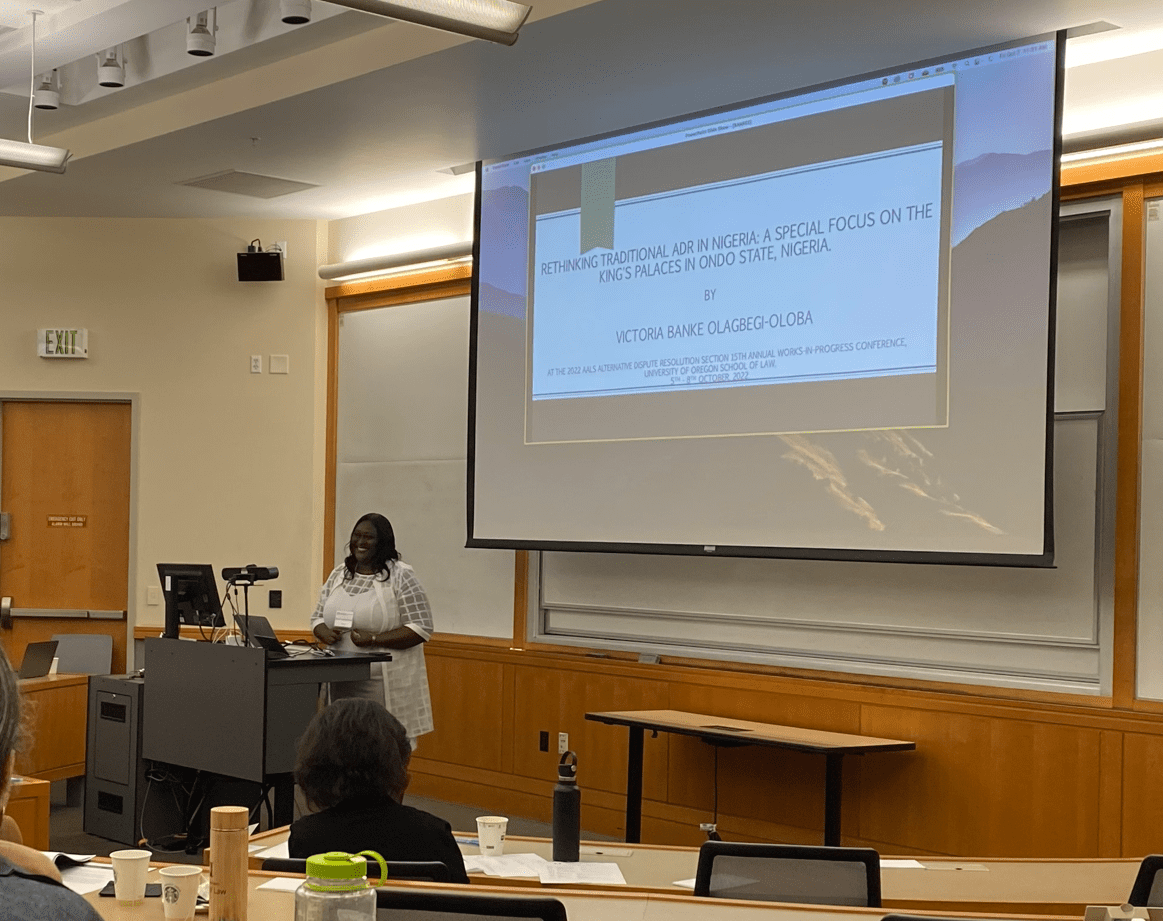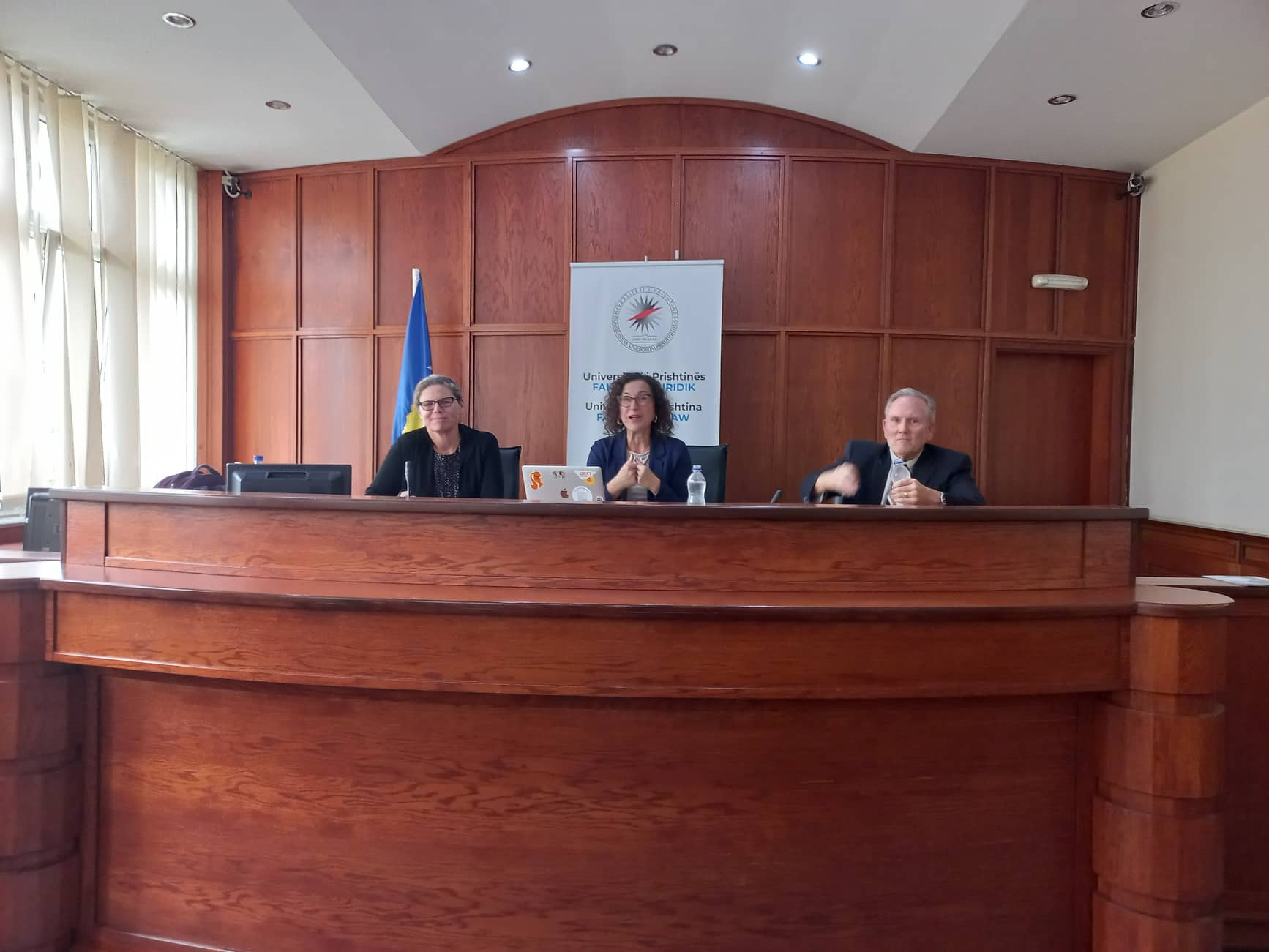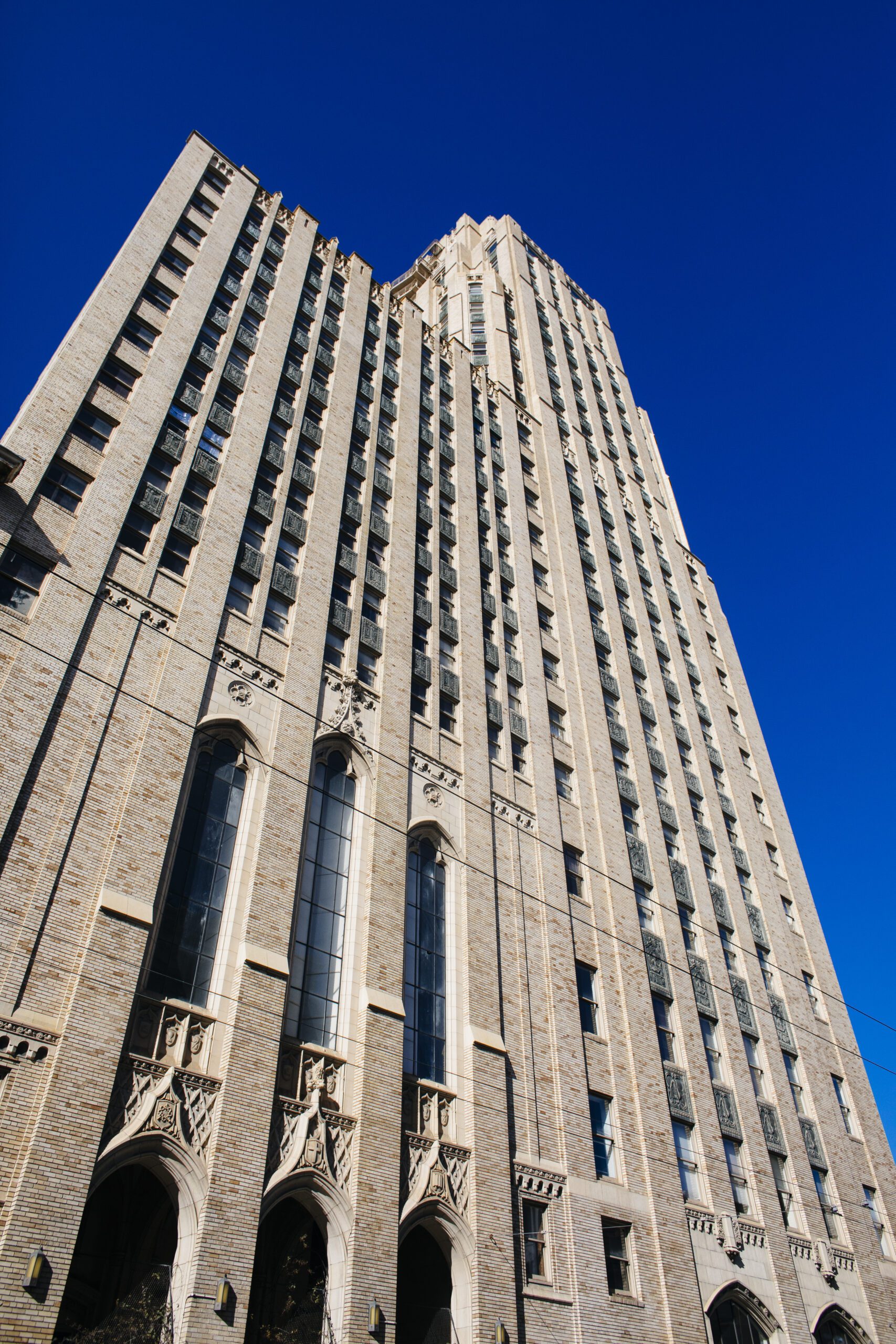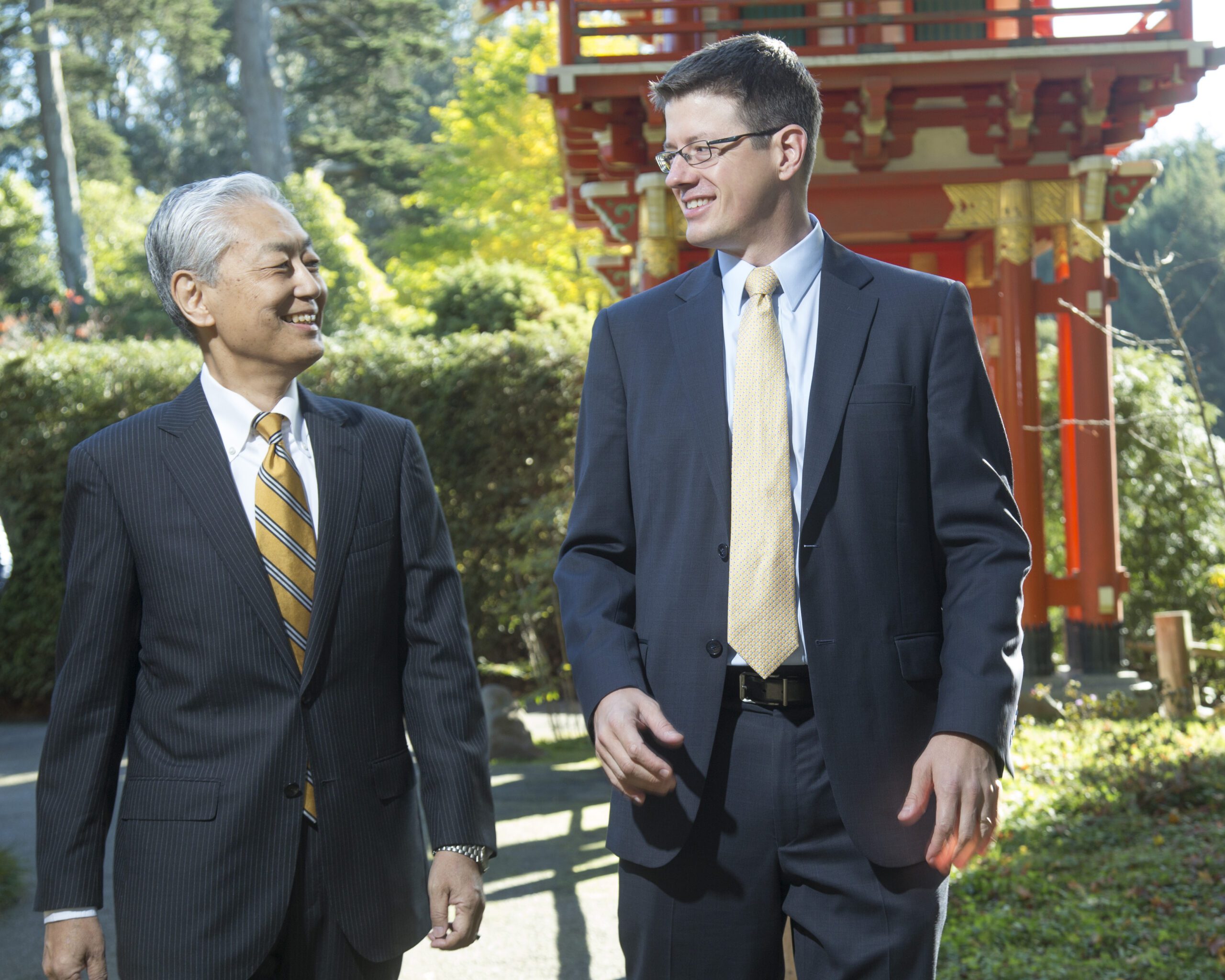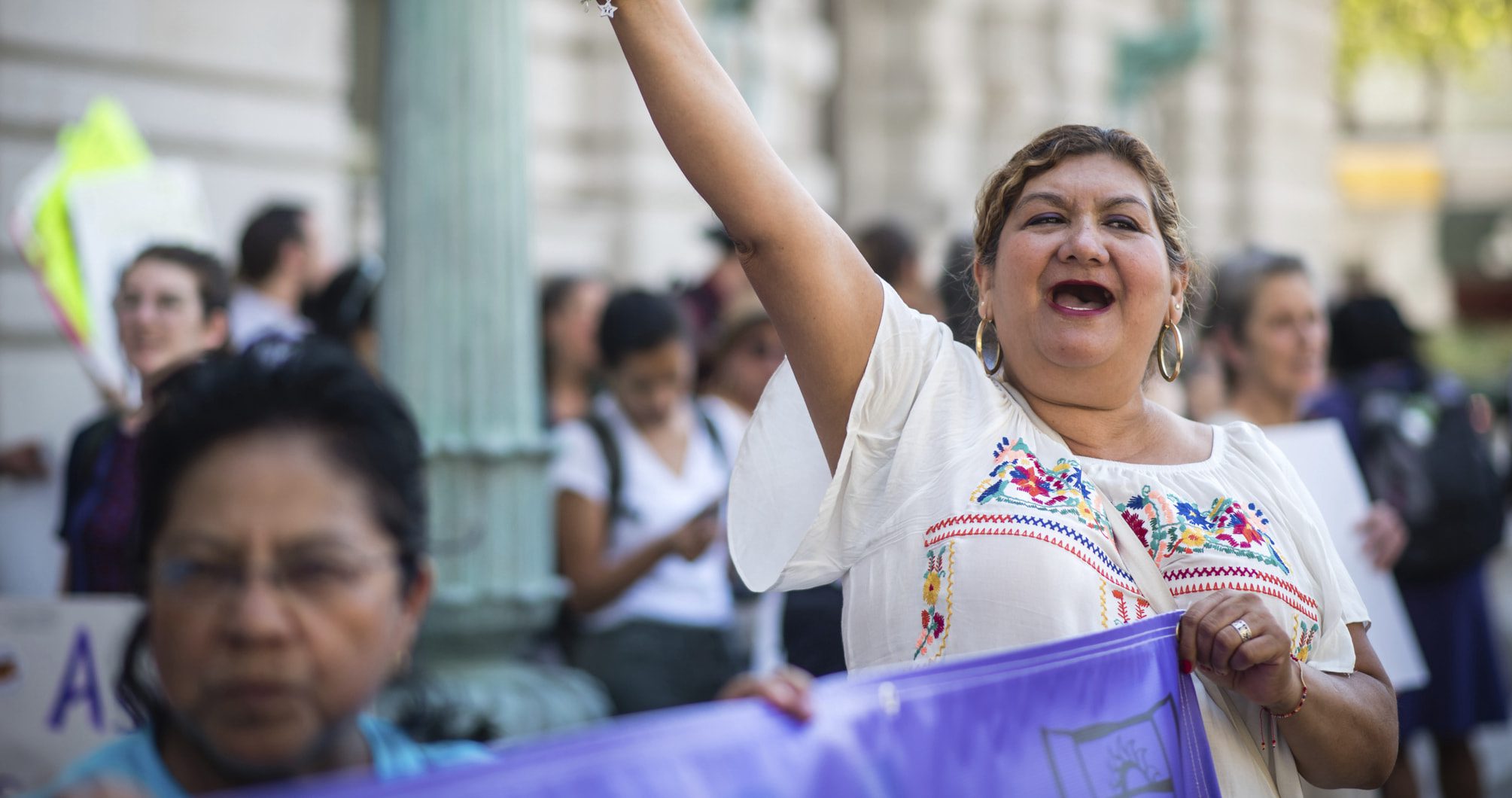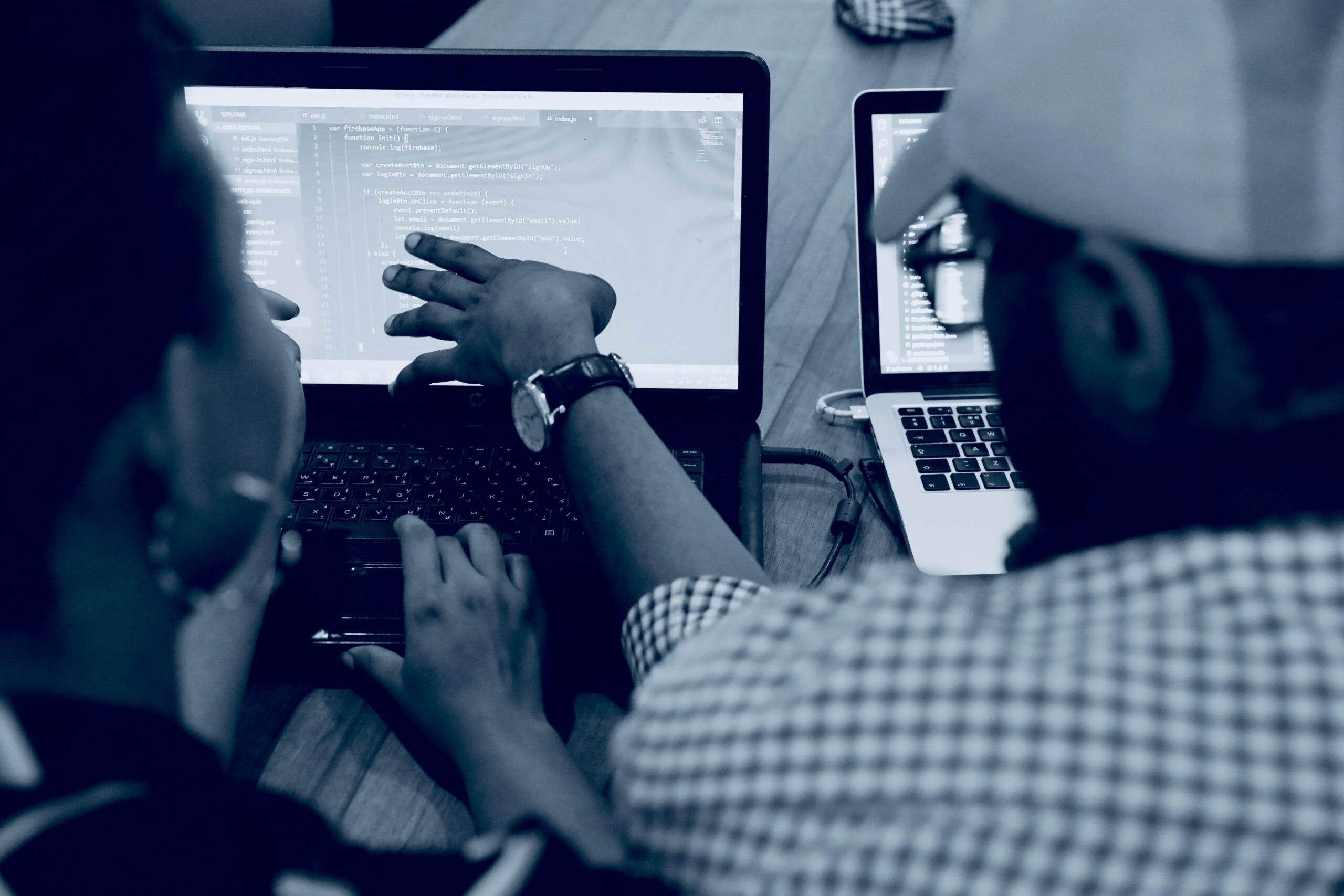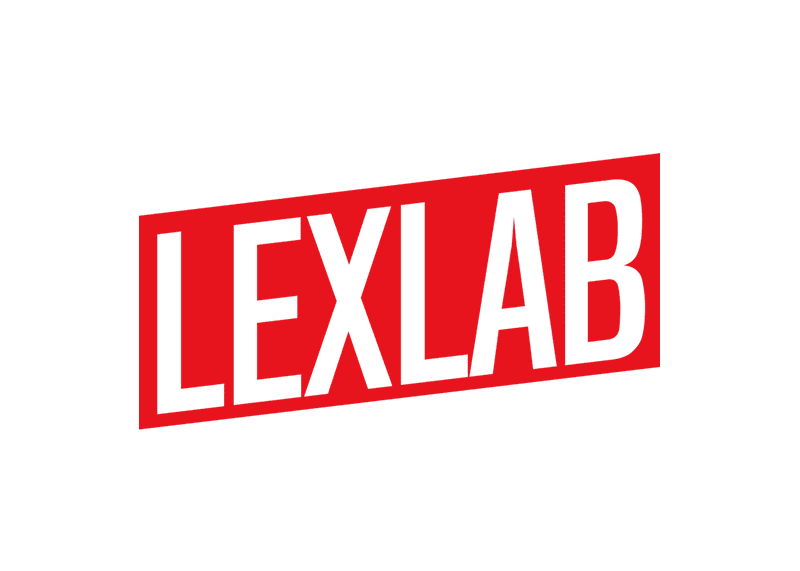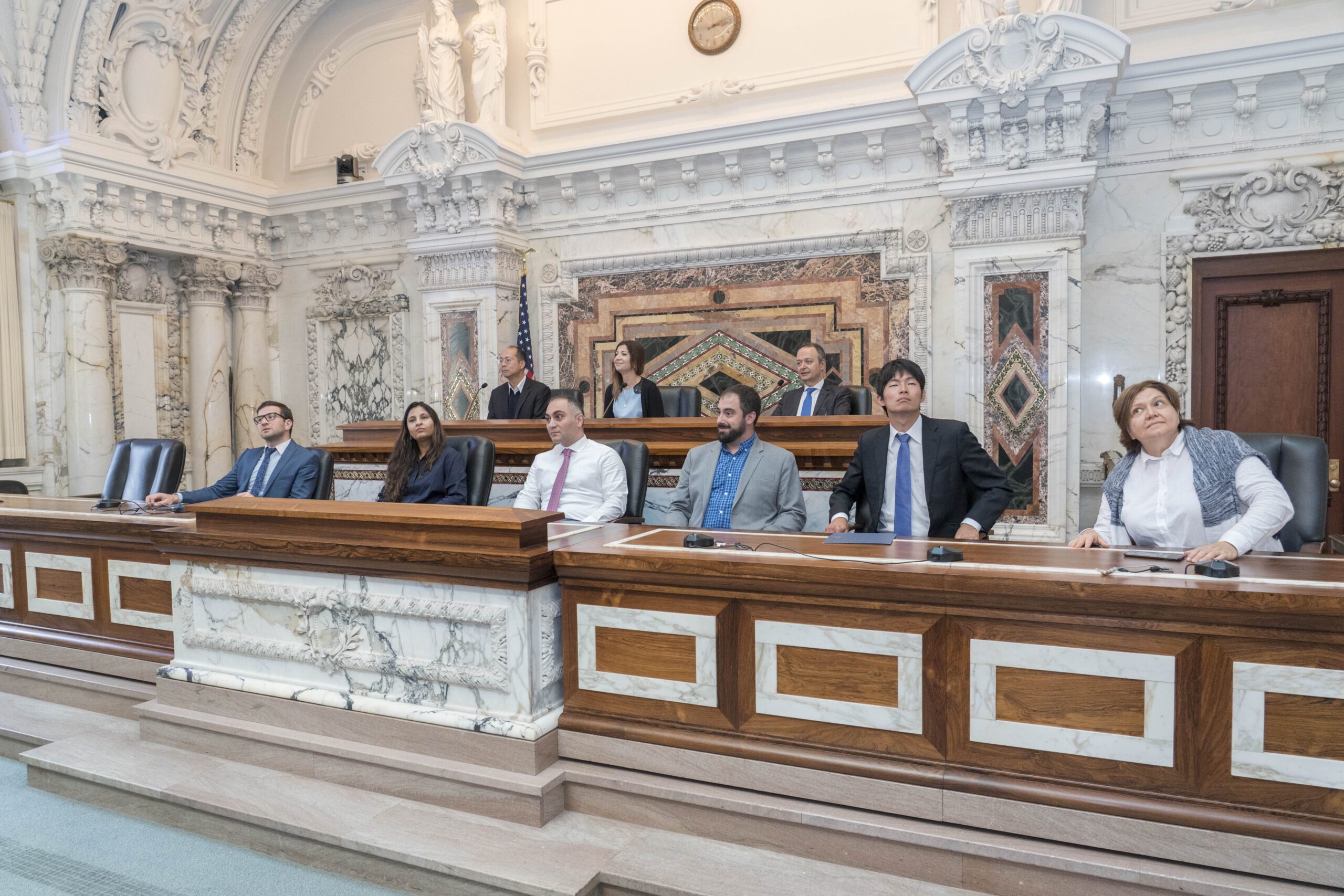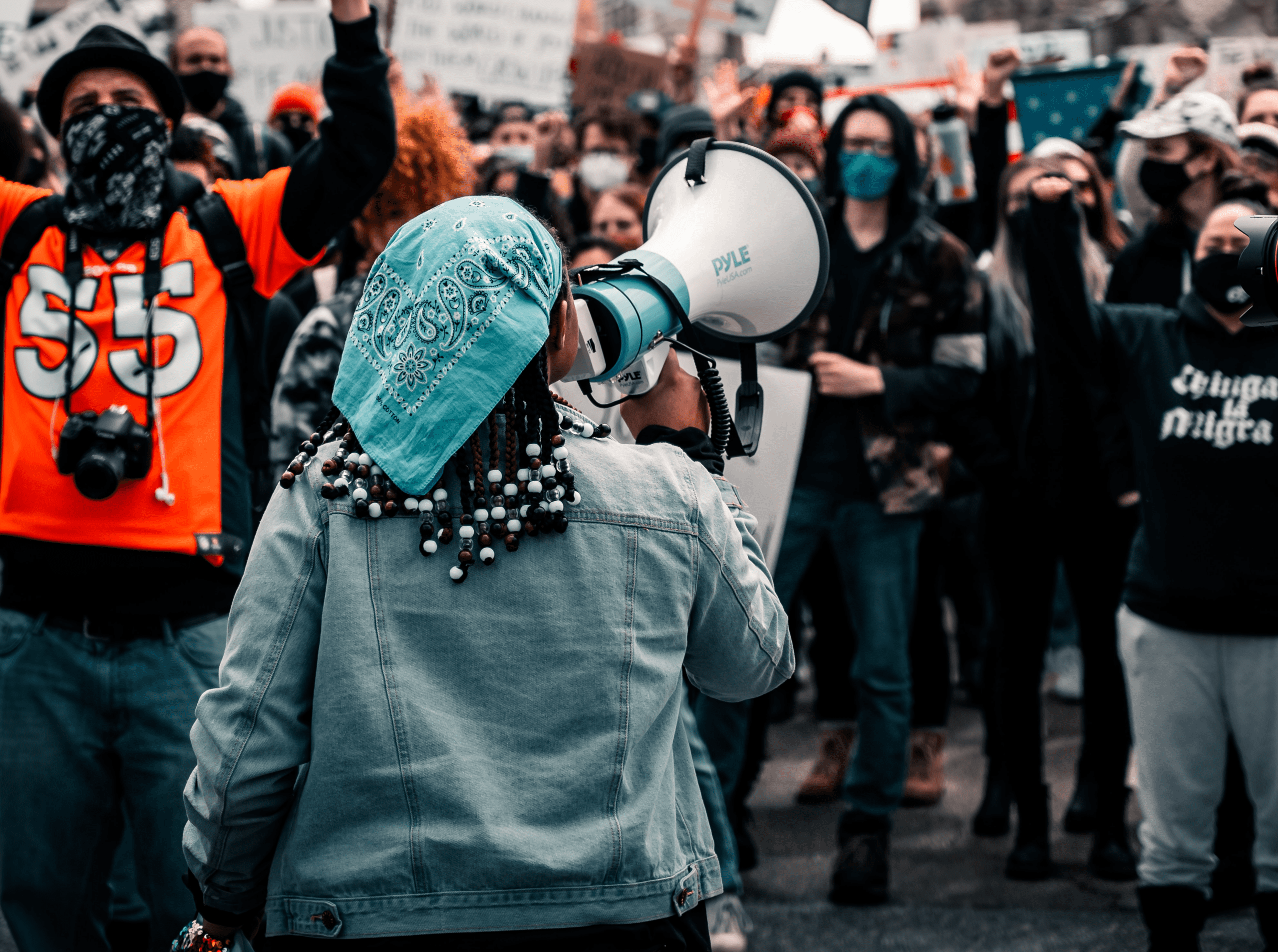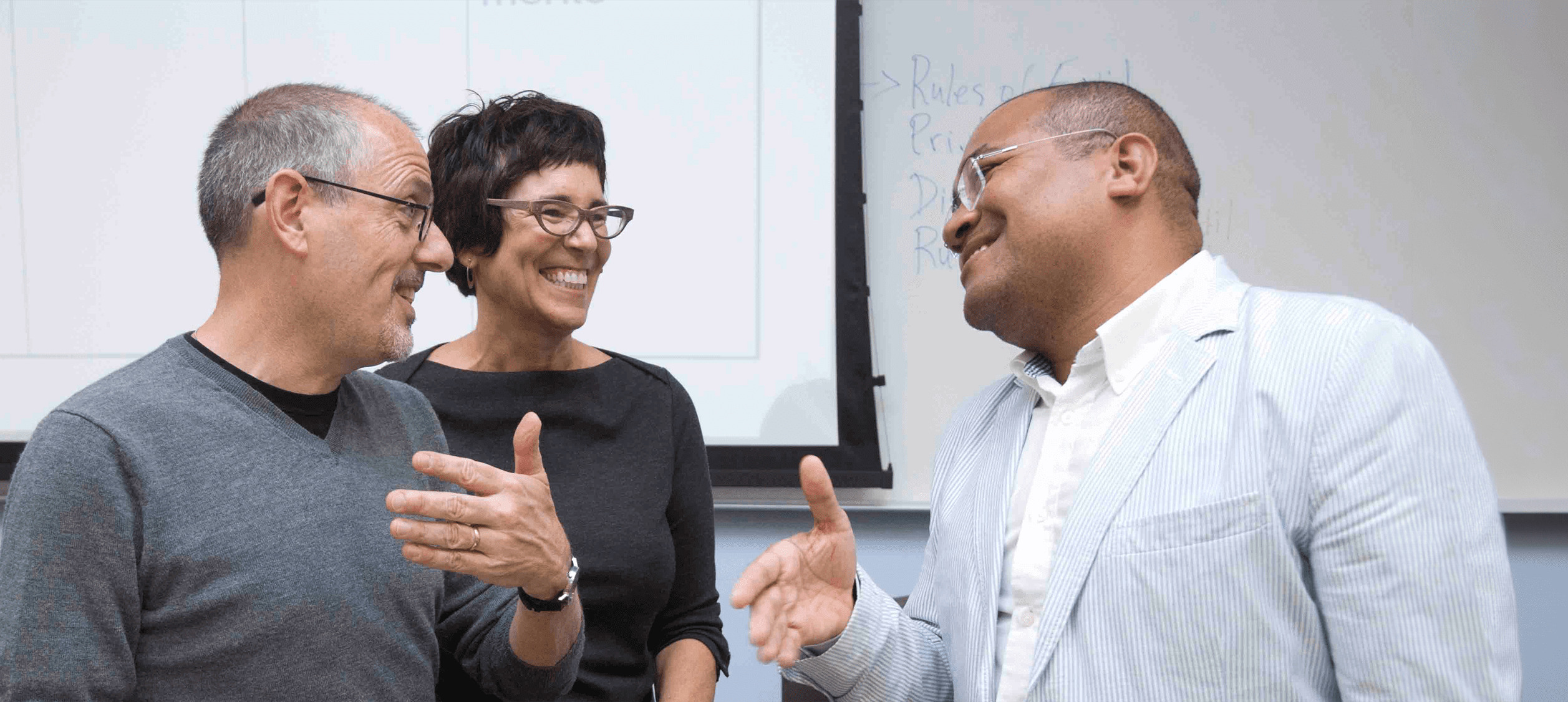
Centers & Programs
Engaged Centers
Our research and programmatic centers bring together faculty, students, alumni, and practitioners, through research, public service, and events. Whether you’re interested in entrepreneurship, immigration reform, racial or social justice, tax, or technology, there’s a center that will connect you with experts in the field and give you an opportunity to explore the leading edge of change.
Research Center & Program News
2022 – 2023 Annual Reports
Our Research Centers
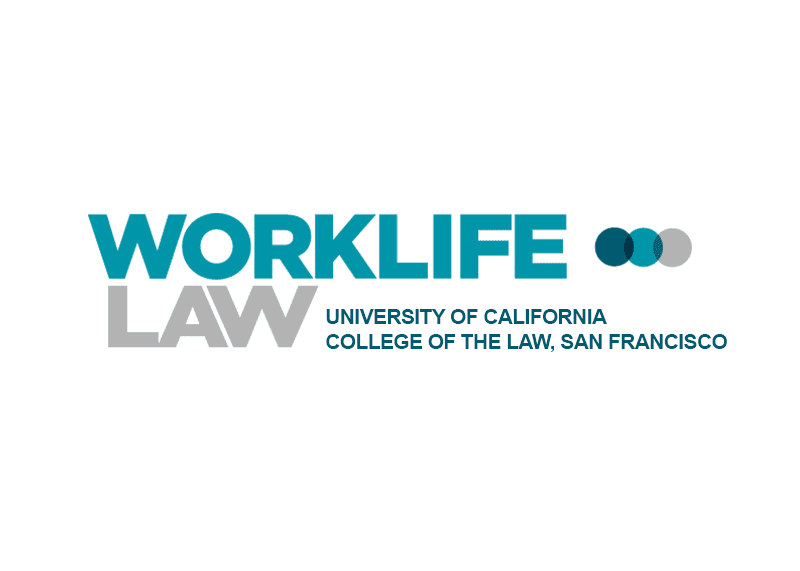
Center for WorkLife Law
The Center for WorkLife Law (WLL) seeks to jump-start the stalled gender revolution by focusing, at any given time, on a few projects that hold the promise of producing concrete social or institutional change within a three-to-five year time frame. We concentrate our efforts on advancing women’s leadership, developing legal protections for employees with family responsibilities, and promoting better work-life policies within institutions.
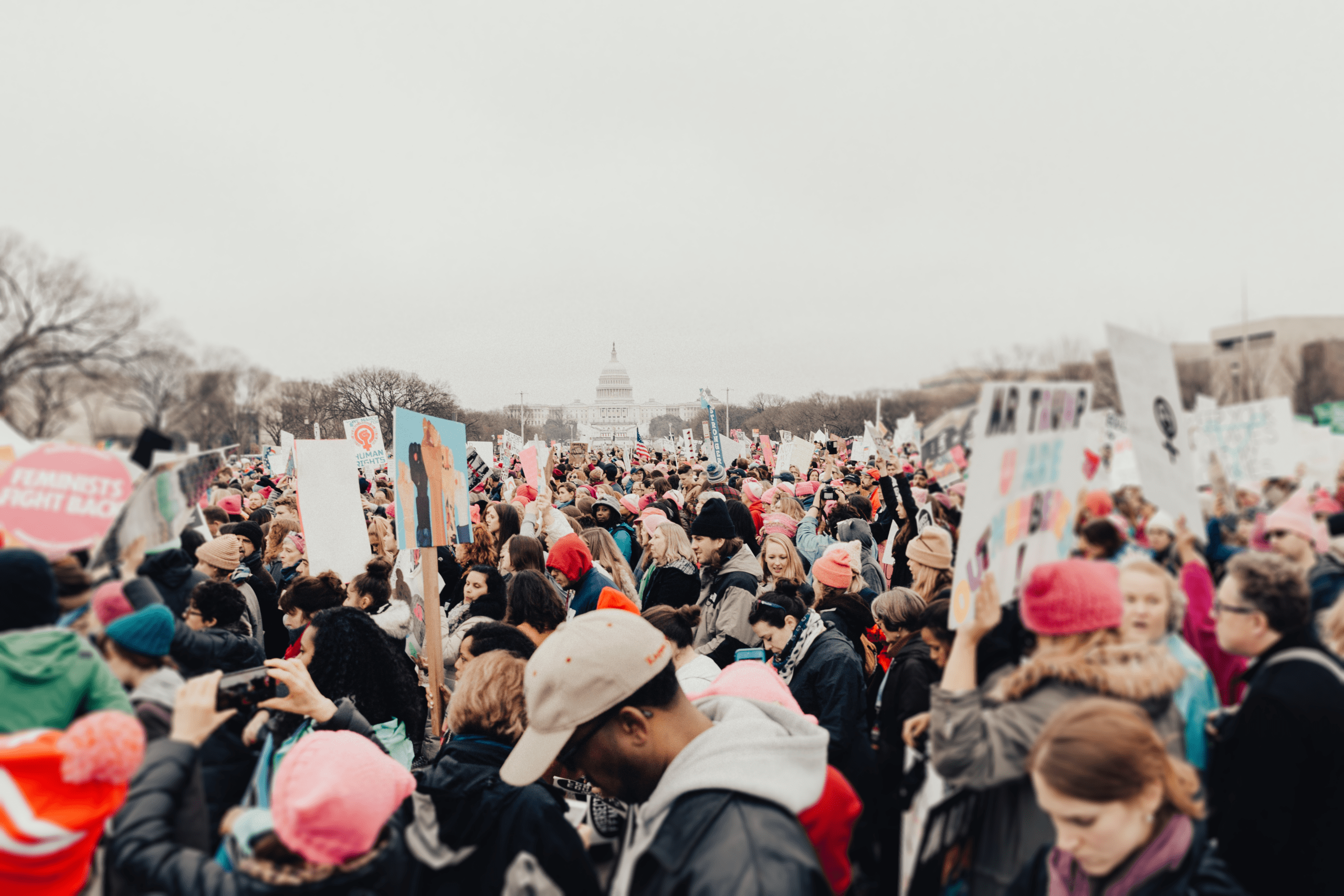
Center for Social Justice
The Center for Social Justice provides strategic leadership of social justice activities at the law school and promotes a strong public interest campus culture. The Center’s goal is to help all students find meaningful ways to incorporate justice work into their professional identity and future practice.
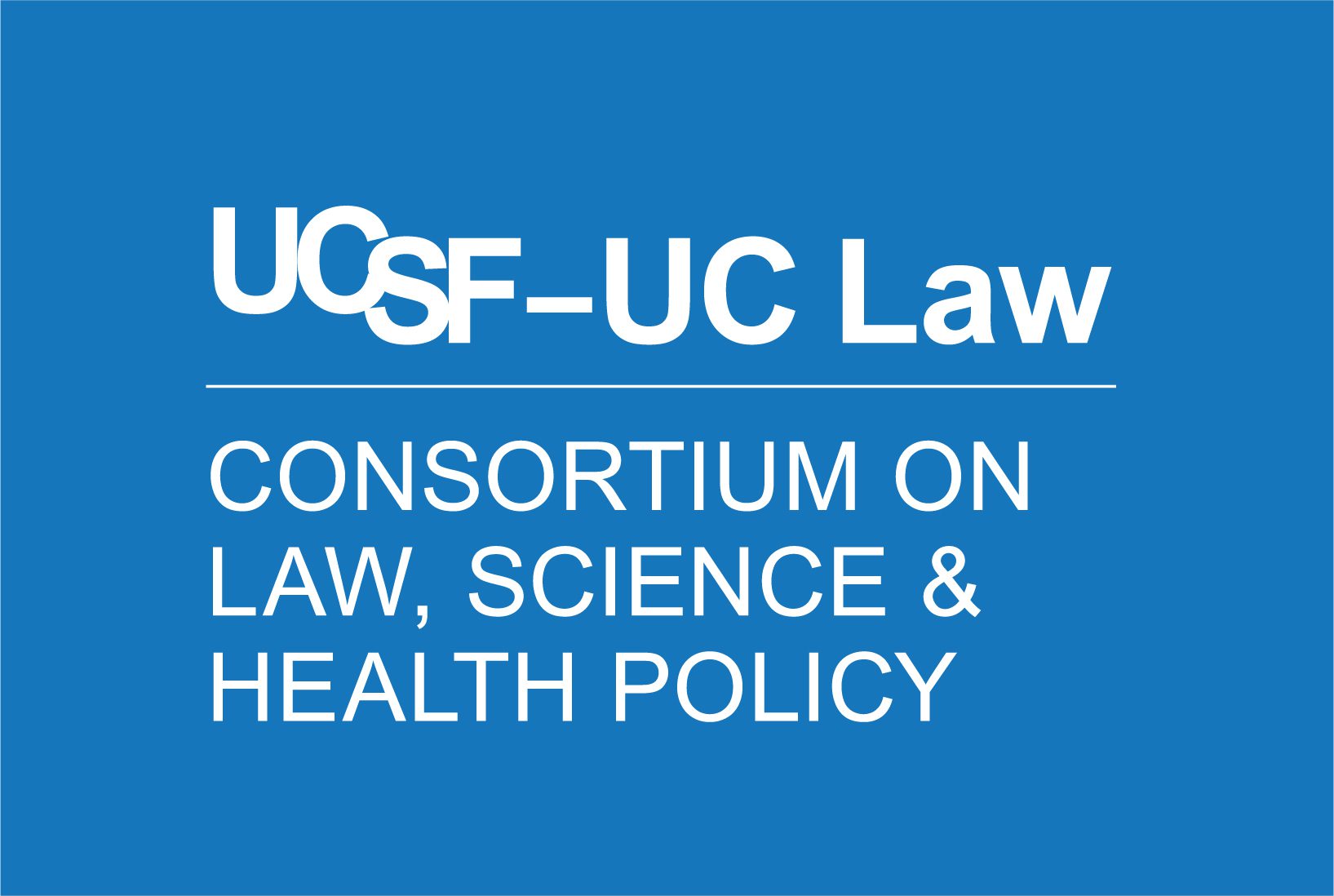
UCSF – UC Law Consortium on Law, Science & Health Policy
UCSF/UC Law Consortium on Law, Science & Health Policy is dedicated to promoting research, education, and service opportunities that bridge the gap between law and science by building multidisciplinary and multistakeholder collaborations among faculty and students of UCSF and UC Law SF and the patients, clients, communities, and organizations they serve alongside.

Center on Tax Law
The UC Law SF Center on Tax Law connects students, faculty, alumni, and friends who study, discuss, practice, and seek to improve tax law. In addition to sponsoring on-campus presentations by both academics and practitioners, members of our tax faculty are frequent contributors to both academic journals and real-time, current events in taxation. The Center also develops relationships between current and former students, potential employers, and the community.
